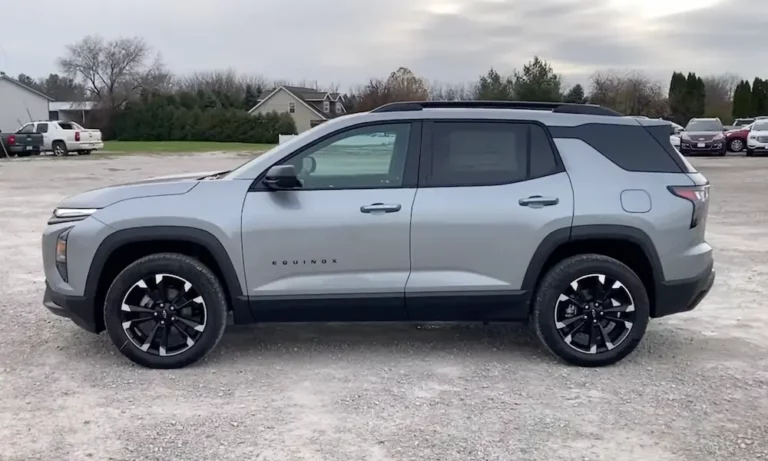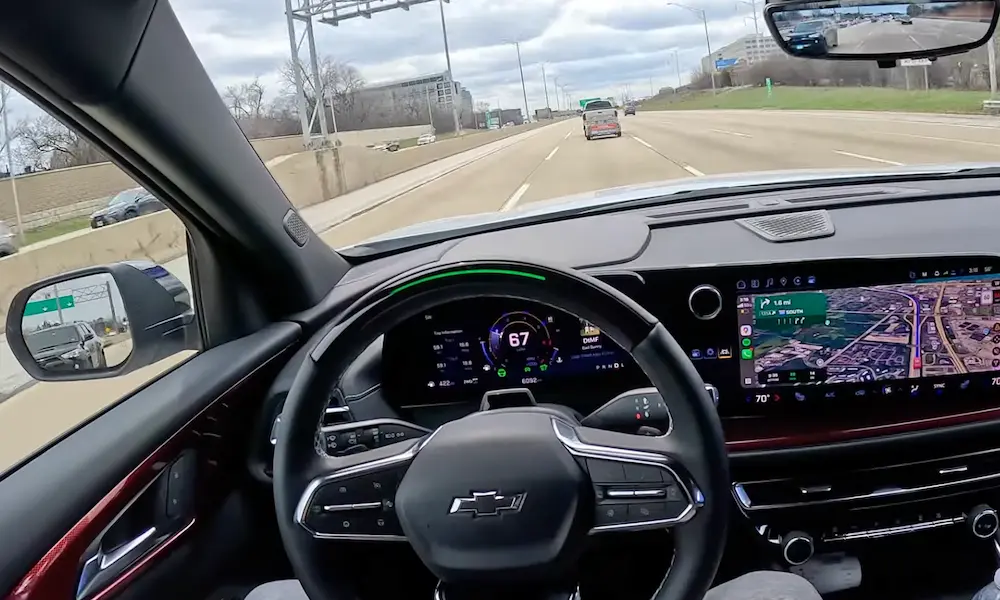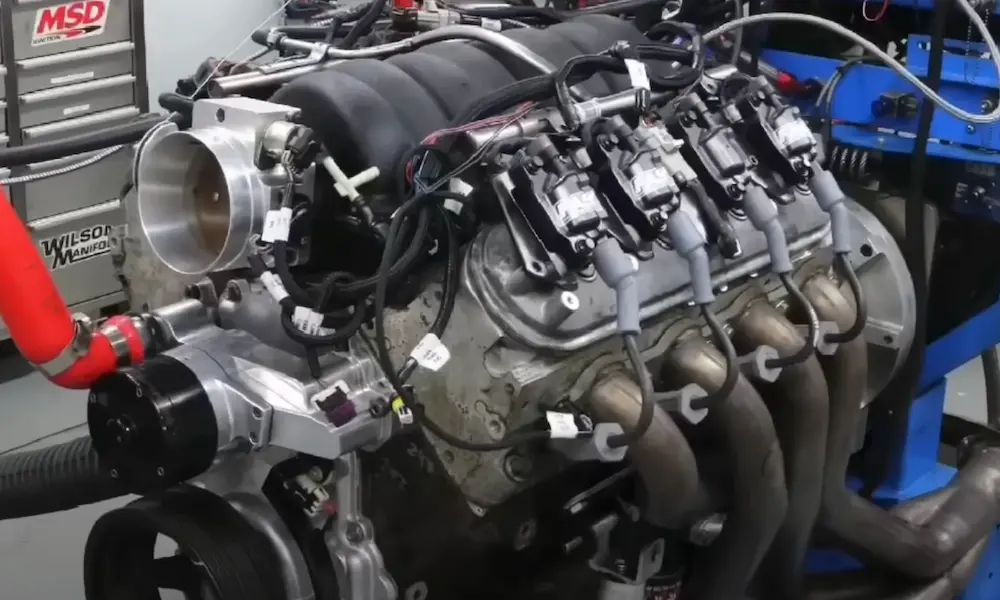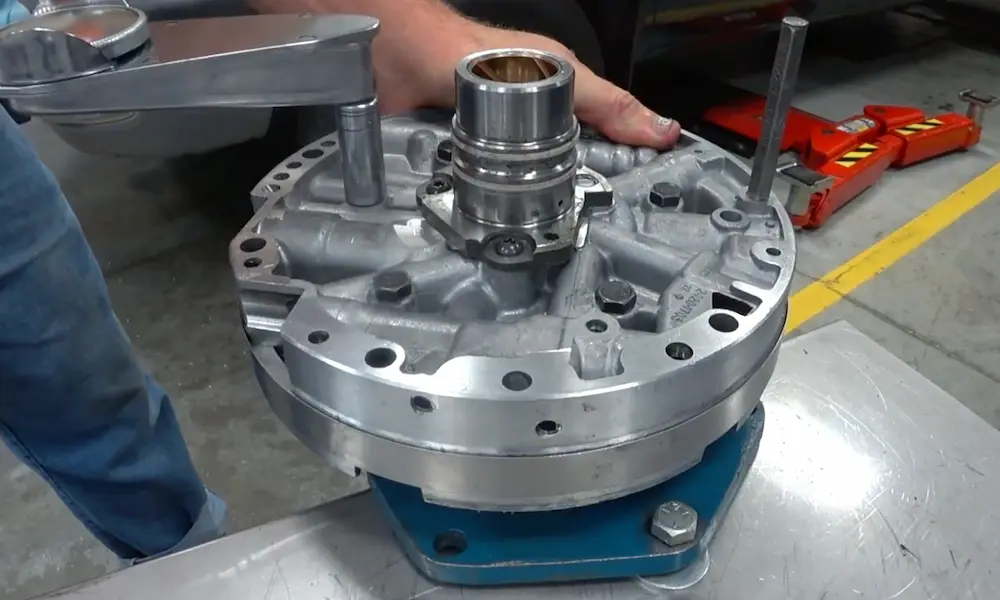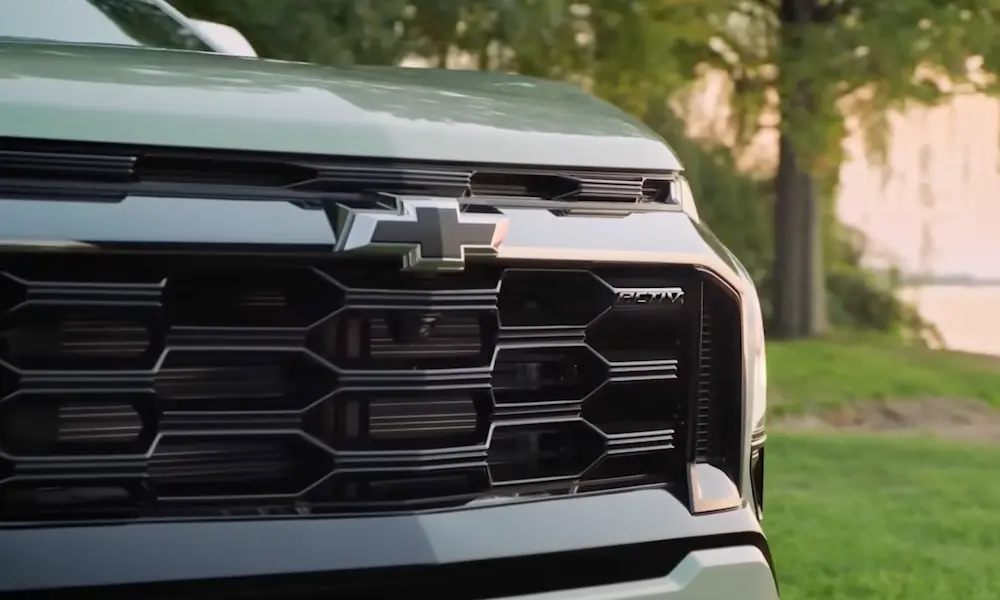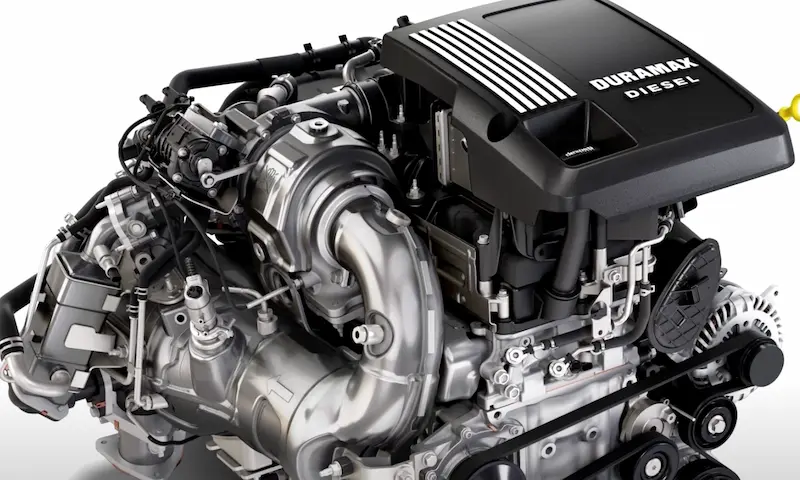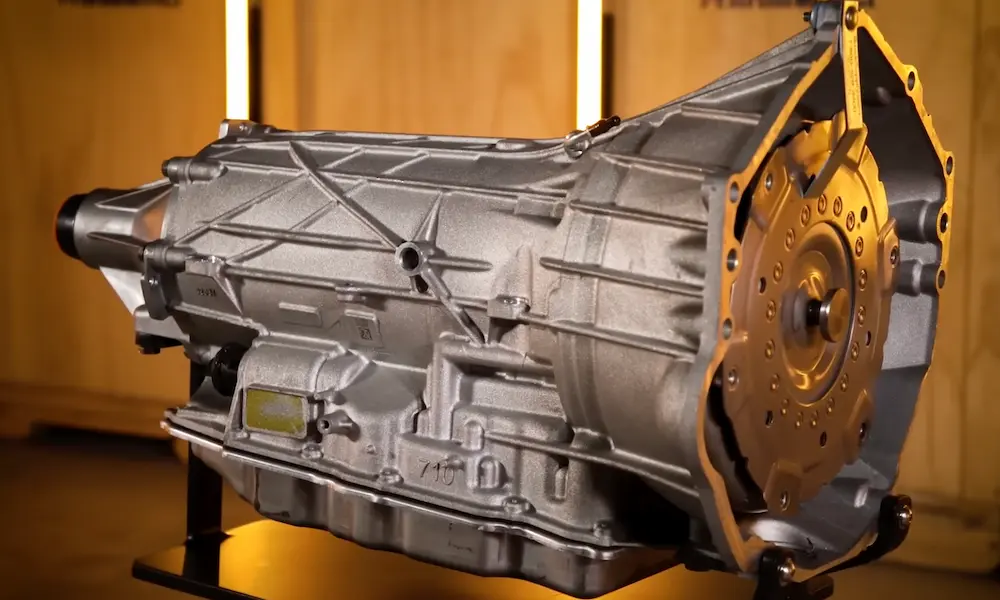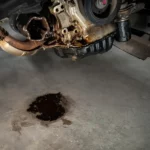Are you considering buying a Chevrolet Equinox or already own one? The Chevy Equinox is known to experience issues like engine problems in some model years, especially those with the 2.4-liter engine. Whether you’re seeking reliability or trying to troubleshoot existing issues, understanding these problems can save you time and money. Dive into the details to find solutions and ensure a smoother driving experience.
Common Engine Problems
In the Chevrolet Equinox, several engine problems can significantly affect your driving experience. These issues range from oil consumption to turbocharger malfunctions, which might impact the vehicle’s performance and reliability. Understanding these can help you identify potential problems early on.
Excessive Oil Consumption
If you own a Chevy Equinox, you might notice it consumes more oil than expected. This problem is particularly common in models with the 2.4-liter engine. Excessive oil consumption can lead to engine power reduction, potentially leaving you stranded if it runs low between oil changes.
Keep an eye on your oil levels regularly. Consider scheduling more frequent oil changes or using high-mileage oil to mitigate wear and tear. If you notice unusual smoke from the exhaust or new engine noises, it might be time to consult a mechanic.
Reduced Engine Power and Performance
Experiencing reduced engine power can be frustrating. This is sometimes seen in Chevy Equinox models with the “Engine Power Reduced” message on the dashboard. This problem can be traced back to issues such as a faulty throttle body or sensor.
If your Equinox struggles to maintain speed or accelerates slowly, have it checked. Ensure you routinely inspect and clean air filters and sensors to help minimize such problems. Addressing this early can prevent more serious issues like a blown engine.
Timing Chain Issues
Timing chain issues are common in certain Chevy Equinox models. A worn timing chain can lead to poor engine performance and, ultimately, engine failure. This is especially true when it gets stretched or skips timing.
Watch for subtle signs such as unusual engine noises or trouble starting the vehicle. If a timing chain issue is suspected, a timing chain replacement might be needed. Addressing this promptly can save you from extensive repair costs later on.
Turbocharger Malfunctions
The turbocharger in the Chevy Equinox can also be problematic. A common issue is the P0299 error code, indicating an underboost condition. This can lead to reduced acceleration and overall engine performance.
Signs include a whining noise, loss of power, or increased exhaust smoke. Regularly servicing the turbocharger and checking for oil leaks can help prevent these issues. Don’t hesitate to seek professional help if your Equinox exhibits any of these symptoms.
Vacuum Pump Defects
Vacuum pump defects can lead to safety issues, primarily impacting the braking system. If the pump fails, you might experience a stiffer brake pedal, making it hard to stop the vehicle. This affects overall safety and control of your Equinox.
Routine checks can help catch vacuum pump problems early. If you notice changes in braking performance, it may be due to a vacuum pump defect. Address it quickly to ensure your vehicle remains safe to drive.
Electrical and Control System Concerns
Chevy Equinox owners often face issues with the electrical and control systems. These concerns can lead to frustrating situations like unexpected warning signals or malfunctioning sensors. Understanding these problems helps you take proactive measures to keep your Equinox running smoothly.
Check Engine Light Complications
The Check Engine Light in your Equinox might light up for various reasons. One common cause is a loose gas cap, leading to a minor leak in the fuel system. More serious issues include problems with the catalytic converter or ignition coils. When this light appears, it’s important to address it promptly.
Ignoring it could cause more expensive repairs later. Often, an OBD-II scanner is needed to read error codes and identify the specific problem. This tool can provide valuable insights, helping you determine whether a simple fix can resolve the issue or if professional assistance is required. For detailed insights, you can find more information about Check Engine Light complications on various car care websites.
Faulty Sensors and Warning Signals
Faulty sensors in your Equinox can lead to warning signals you shouldn’t overlook. These sensors, such as the oxygen or mass airflow sensor, are vital for monitoring engine functions. If they fail, your car may have performance issues like poor fuel economy or engine stalling.
Warning signals such as the service engine light or traction control warning might appear. To prevent further complications, check for visible signs of wear or damage on sensors. Regular maintenance helps ensure these components work correctly. Many owners report issues with sensors leading to unwanted warning lights, which is why staying vigilant is crucial. You can explore more about related issues at sites dedicated to car problem analyses.
Transmission and Drivability Issues
In your Chevy Equinox, you might face transmission problems that affect drivability. These could include transmission failures and issues with shifting, which can lead to unexpected and often costly repairs.
Transmission Failures
Transmission failures are a common issue for the Chevy Equinox. You may notice symptoms like unusual noises, slipping gears, or poor acceleration performance. These problems could stem from transmission fluid leaks, outdated software in the control module, or worn-out components like solenoids.
Addressing these issues early can help prevent more severe damage. Regular maintenance checks can assist in catching potential problems before they escalate. You might also consider extended warranty coverage for peace of mind if you plan to keep your vehicle long-term. Transmission repair costs can be high, so proactive care is crucial.
Problems in Shifting
Experiencing shifting problems in your Equinox can be frustrating. Some drivers report difficulties when changing gears, which might feel like hard or delayed shifts. Such issues often relate to the torque converter or the transmission control module.
To resolve shifting problems, first check the transmission fluid level. Low fluid can cause shifting issues. If that’s not the issue, you may need a diagnostic test to pinpoint faulty components. Sometimes, a simple software update can resolve shifting difficulties. Always consult a trusted mechanic to ensure you’re getting accurate diagnostics and repair advice.
Being proactive about these drivability issues can help you manage costs and maintain vehicle performance.
Oil and Fluid Leaks
When it comes to the Chevy Equinox, oil and fluid leaks are common concerns that can affect performance. Addressing these issues promptly can prevent more significant damage.
Oil Pan Leakages
Your Chevy Equinox may experience oil leaks around the oil pan, a crucial component that holds the engine oil. Gaskets that seal the oil pan can wear out over time, leading to leaks. Symptoms include oil spots under the car and low oil levels. If you notice these signs, it’s a good idea to check the oil pan for cracks or damaged seals.
A simple gasket replacement typically resolves the issue. Regular checks of the oil level and periodic inspection of the oil pan area can help catch problems early. Make sure to use proper torque settings when tightening bolts after repair, as overtightening could cause further leaks.
Fluid Leak Concerns
Apart from oil leaks, your Chevy Equinox might experience other fluid leaks. Transmission fluid leaks may occur from bad seals or loose drain plugs. Look for reddish fluid puddles. Leaks can also originate around the power steering reservoir, and signs include whining noises when turning the wheel.
Radiator coolant leaks may cause overheating, so watch for puddles of bright green or orange fluid. If left unchecked, these leaks can lead to more severe engine issues. Regular maintenance like checking hose connections and the condition of reservoirs can help minimize these incidents. If you spot any leaks, address them quickly to avoid further complications.
Year-Specific Equinox Challenges
Buying a Chevy Equinox, you might face certain problems depending on the model year. Some years had notable issues that were widely reported by owners. Understanding these challenges can help you make informed decisions.
2011 Chevy Equinox Engine Woes
The 2011 Chevy Equinox had several engine difficulties that drivers often reported. One major issue involved the 2.4-liter engine. Many owners experienced excessive oil consumption, leading to engine damage if not monitored. This problem could even cause the engine to fail entirely.
Frequent oil changes became a necessity for many owners. You might also notice rough idling and strange noises from the engine. Such signs pointed to serious troubles with the vehicle. Addressing these promptly was essential to avoid costly repairs.
Another headache for 2011 Equinox owners was carbon buildup. The issue affected performance and fuel efficiency. To minimize this, regular maintenance and cleanups were critical. If you own this model, staying proactive about these problems can keep your Equinox running smoothly.
2019 Chevy Equinox Reported Issues
The 2019 Chevy Equinox saw its own set of hurdles. While not as severe as earlier models, certain issues were common. Many drivers noted engine stalling, especially at low speeds or while idling. This problem could compromise safety, particularly in busy traffic.
Transmission troubles were another concern for 2019 Equinox owners. Reports of hesitation and jerking during gear shifts posed potential risks for drivers. Ensuring that your transmission is regularly checked can help avoid these issues.
You might also experience electrical problems in this model year. Malfunctions in the infotainment system and other electronics were not rare. Regular software updates and repairs are key to keeping these systems functional. Paying attention to these common problems can enhance your driving experience with the 2019 Equinox.
Maintenance and Prevention Strategies
Keeping your Chevy Equinox in good shape involves regular maintenance and timely repairs, which can help you avoid common engine problems. By focusing on key areas like diagnostic check-ups and replacements, you can ensure smoother performance and longer vehicle life.
Regular Check-Ups and Diagnostics
Routine check-ups are crucial for maintaining your Chevy Equinox. Make sure to check essential components like the timing chain and brake pads. Identifying issues early through diagnostics can prevent bigger problems down the road. Use tools like a multimeter to check your electrical system and ensure that your battery connections are secure. Regular oil changes also play a big role in keeping the engine running smoothly, preventing sludge buildup.
Implementing a monthly or quarterly check-up schedule helps in catching minor issues before they escalate. It’s advisable to keep a maintenance log. This helps you track what’s been checked and when. Maintaining clear records can remind you when it’s time for your next inspection. Check your owner’s manual for any specific guidelines related to your model year.
Timely Replacements and Repairs
Timely replacement of worn-out parts greatly reduces the risk of engine failure. Pay special attention to parts like the timing chain, which can cause major problems if neglected. Address any signs of wear, such as unusual noises or reduced engine performance, as soon as possible. These might indicate issues that require prompt fixing.
Make sure to replace your brake pads regularly for safety and to prevent further damage to the braking system. It’s also wise to invest in quality replacement parts to ensure durability. Follow your vehicle’s maintenance schedule for things like fluid changes and filter replacements to keep everything functioning efficiently.

